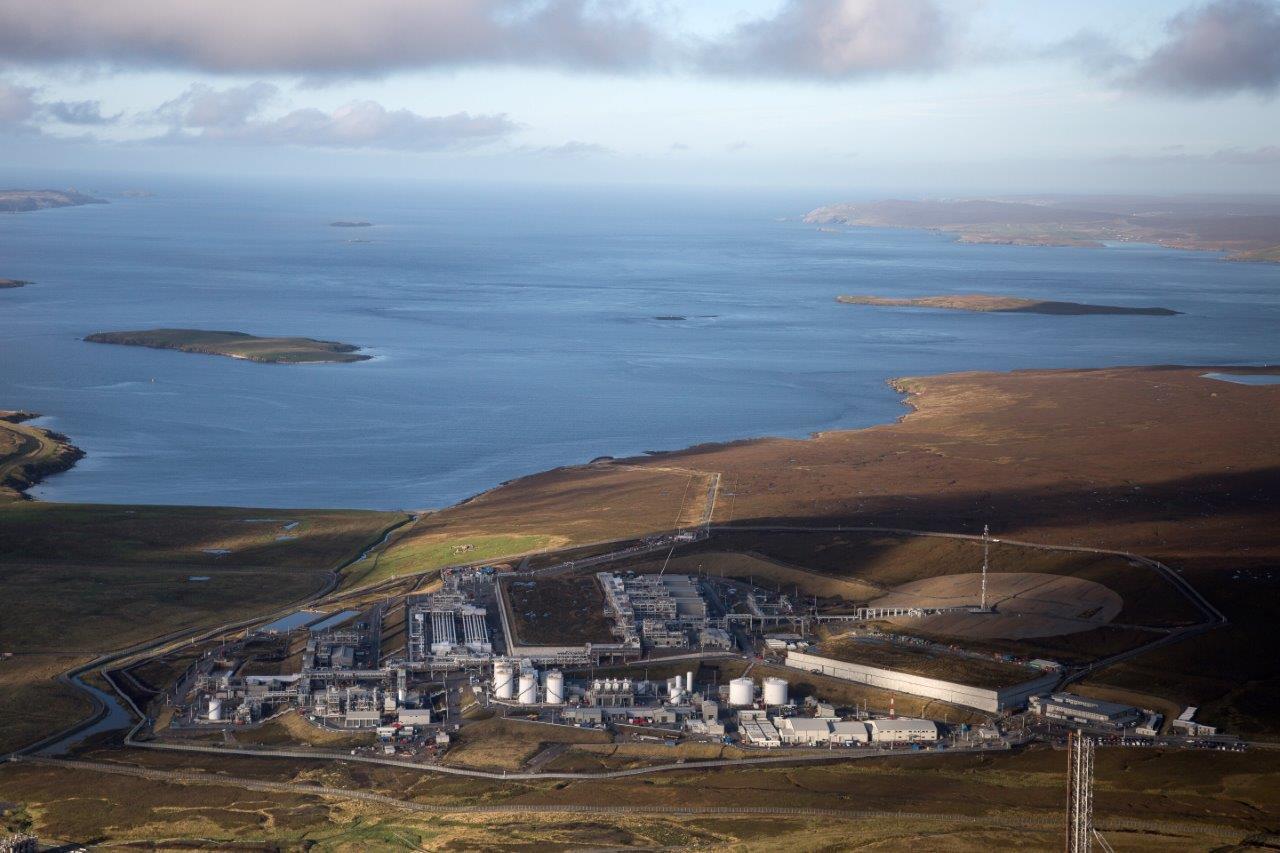
The UK government has approved plans by Shell (LON:SHEL) to develop the Victory gas field in the West of Shetland area.
The North Sea Transition Authority (NSTA) granted development and production consent for the Victory field.
The decision comes after agreement from the Offshore Petroleum Regulator for Environment and Decommissioning (OPRED) following their environmental assessment.
OPRED concluded “there will be no significant effects on the environment” from Shell’s Victory field plans.
Energy Secretary Claire Coutinho had earlier accepted the environmental statement from OPRED in November, with the documents published today.
An NSTA spokesperson said: “The Victory project is expected to aid the UK’s energy security by providing domestically produced gas for UK homes and businesses, generate significant investment, create jobs, and make use of existing infrastructure as we transition.”
The move comes as legislation for the windfall tax – or Energy Profits Levy (EPL) – provides tax incentives for any new oil and gas projects until the levy sunsets in March 2028, saving 91p for every £1 spent.
Victory Gas Field
The London-listed supermajor took 100% ownership of Victory, which sits 29 miles north-west of Shetland, in 2022 after buying out Corallian Energy.
Shell intends to carry out development drilling and subsea installation activities from Q2 2024, with first gas from 2025.
Responding to the approval announcement, Shell UK upstream senior vice president Simon Roddy said: “The UK North Sea is a critical national resource, providing a steady supply of the fuels people rely on today and strengthening the country’s energy security and resilience.
“Continued investment is required to sustain domestic production, which is declining faster than the UK’s demand for oil and gas.”
According to its environmental statement, the Victory field has an estimated recoverable resource of 179 billion cubic feet of gas (P50), equivalent to 7% of the UK’s annual natural gas consumption (i.e. 2,560 billion cubic feet in 2020).
At its peak, Shell said it estimates the Victory field will produce enough gas to heat almost 900,000 UK homes per year.
The NSTA said Victory will have an expected emissions intensity of 5.3 kgCO2e per barrel, compared with the 2022 UK average of 23 kgCO2e.
Greater Laggan tie-back
Discovered in 1977 by Texaco, it was picked up in the 32nd licensing round by minnow Corallian before Shell acquired the firm.
Shell plans to develop Victory as a single subsea tie-back well to TotalEnergies’ existing Greater Laggan Area (GLA) infrastructure, via a new 10-mile pipeline.
The well will be linked to the TotalEnergies’ Edradour manifold 11 miles away and operated via a control room at the Shetland gas plant.
Shell said Victory’s gas will be processed onshore at the Shetland gas plant before being piped to the UK mainland at the St Fergus gas terminal.
Peak production is expected to be 4.2m cubic metres per day of gas and 15.5m tonnes of condensate, until around its third year of production.
The decision to approve the Victory field is likely to draw criticism from environmental groups.
Greenpeace continues Shell criticism
In recent years a number of Shell projects, including Jackdaw and Cambo, have come under heavy scrutiny from climate groups like Greenpeace and Uplift.
Greenpeace UK senior climate advisor Charlie Kronick told Energy Voice that the Victory field investment decision is “yet more evidence that Shell simply isn’t serious about preventing catastrophic climate change.”
“The International Energy Agency has made it clear we can’t develop new oil and gas fields if we’re going to have a chance of meeting our globally agreed 1.5 degree target,” Mr Kronick said.
“By approving this project, the UK Government continues to shred what’s left of any reputation it had for climate leadership.”
Greenpeace said it will use “all available means” to oppose new oil and gas development in the North Sea, including through the courts if necessary.
Meanwhile, Uplift executive director Tessa Khan said the Victory project will not make “a jot of difference” to energy bills as it is being sold to the UK at market price.
“Shell would have us believe that a gas field like Victory will give the UK energy independence but the truth is the UK has burned most of its gas,” Ms Khan said.
“Victory’s reserves will, in total, power the UK for just 24 days and that small amount of gas took over 50 years to get.
“This government’s obsession with oil and gas, and lack of action on insulation and renewables, is condemning the public to high energy bills, and making climate impacts, like flooding, worse.”
Recommended for you


 © Supplied by Corallian Energy
© Supplied by Corallian Energy